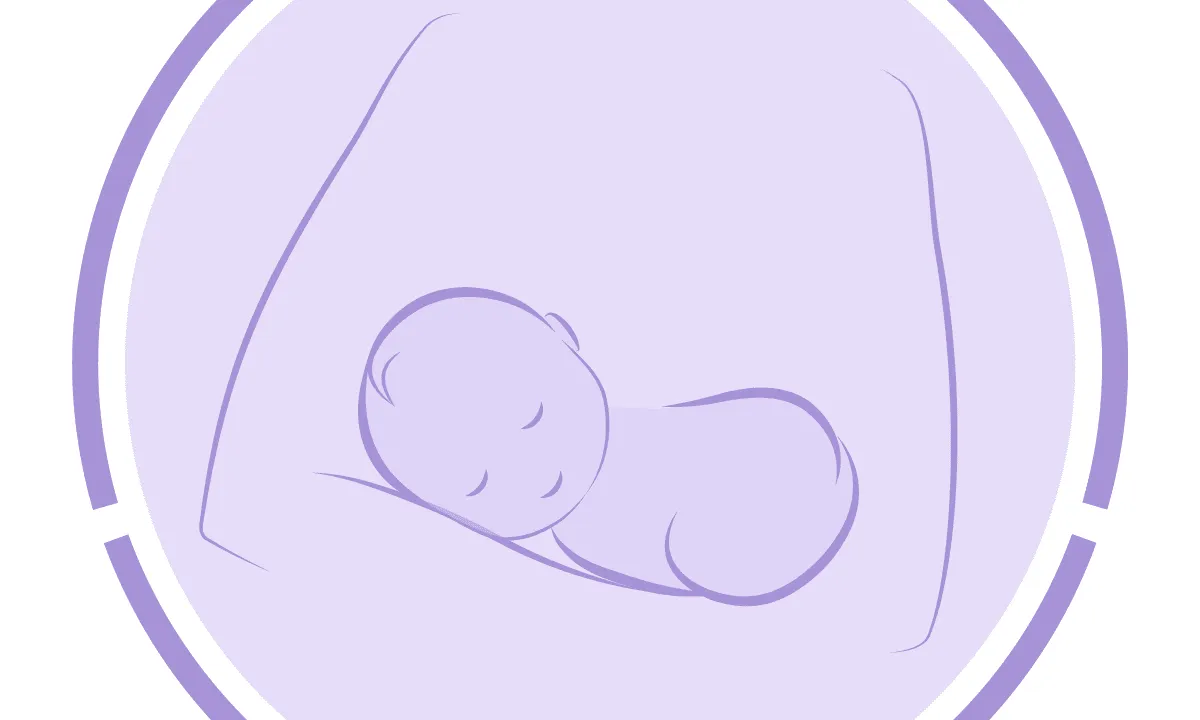
Supporting Parents of a Newborn Baby 
This course will teach you best practices for supporting parents of newborn babies. Learn about the newborn exam, post-partum depression, early bonding, and touch. Understand the important role of supportive partners and parents, in varied households, and what that support looks like. Discover special considerations in adoption and how to effectively provide support as partners, fathers, co-parents, grandparents, and other guardians. With a guest appearance by a newborn baby and a live Skills examination, this course is perfect for healthcare professionals and parents alike. ▼
ADVERTISEMENT
Course Feature
![]() Cost:
Cost:
Free
![]() Provider:
Provider:
Coursera
![]() Certificate:
Certificate:
Paid Certification
![]() Language:
Language:
English
![]() Start Date:
Start Date:
10th Jul, 2023
Course Overview
❗The content presented here is sourced directly from Coursera platform. For comprehensive course details, including enrollment information, simply click on the 'Go to class' link on our website.
Updated in [May 25th, 2023]
The Supporting Parents of Newborn Babies Course provides an overview of the core components in supporting parents of newborn babies. Participants will learn best practices for what to expect in the newborn exam and how to best support parents, partners, and other caregivers. The course examines post-partum depression, early bonding, and touch. It also introduces the important role of supportive partners and parents, in varied households, and what that support looks like. Special considerations in adoption are also discussed. The course culminates with a guest appearance by a newborn baby, and a live Skills examination performed by course instructor, Dr. Mary Kohn.
This course is ideal for those in the health care field, or even parents, who want to learn more about how to keep newborn babies healthy in the days and weeks after they are born. With the Supporting Parents of Newborn Babies Course, participants will gain the knowledge and skills to provide the best possible care for newborn babies.
[Applications]
After completing the Supporting Parents of Newborn Babies Course, participants will be able to apply the knowledge they have gained to better support parents, partners, and other caregivers of newborn babies. Participants will be able to recognize the signs of post-partum depression, understand the importance of early bonding and touch, and be aware of the special considerations in adoption. Participants will also be able to recognize the important role of supportive partners and parents, in varied households, and what that support looks like.
[Career Paths]
1. Neonatal Nurse: Neonatal nurses provide care for newborn babies in the first few weeks of life. They are responsible for monitoring the baby's vital signs, administering medications, and providing emotional support to the parents. Neonatal nurses must have a strong understanding of the medical needs of newborns and be able to provide compassionate care. As the demand for neonatal nurses increases, so does the need for specialized training and education.
2. Postpartum Care Provider: Postpartum care providers are responsible for providing care to mothers and their newborns in the weeks and months after birth. They provide physical and emotional support to the mother and baby, as well as education on breastfeeding, nutrition, and infant care. Postpartum care providers must have a strong understanding of the needs of both the mother and baby, and be able to provide compassionate care.
3. Newborn Care Specialist: Newborn care specialists provide specialized care for newborn babies in the first few weeks of life. They are responsible for monitoring the baby's vital signs, administering medications, and providing emotional support to the parents. Newborn care specialists must have a strong understanding of the medical needs of newborns and be able to provide compassionate care. As the demand for newborn care specialists increases, so does the need for specialized training and education.
4. Lactation Consultant: Lactation consultants provide support and education to mothers who are breastfeeding their newborns. They provide advice on breastfeeding techniques, nutrition, and infant care. Lactation consultants must have a strong understanding of the needs of both the mother and baby, and be able to provide compassionate care. As the demand for lactation consultants increases, so does the need for specialized training and education.
[Education Paths]
1. Bachelor of Science in Nursing: A Bachelor of Science in Nursing (BSN) is a degree program that prepares students to become registered nurses. This degree program focuses on the science and practice of nursing, including topics such as anatomy, physiology, pharmacology, and nutrition. It also covers topics such as patient care, communication, and leadership. The BSN degree is becoming increasingly popular as the demand for nurses continues to grow.
2. Master of Science in Nursing: A Master of Science in Nursing (MSN) is a degree program that prepares students to become advanced practice nurses. This degree program focuses on advanced nursing topics such as healthcare policy, healthcare systems, and healthcare management. It also covers topics such as research, evidence-based practice, and healthcare ethics. The MSN degree is becoming increasingly popular as the demand for advanced practice nurses continues to grow.
3. Doctor of Nursing Practice: A Doctor of Nursing Practice (DNP) is a degree program that prepares students to become advanced practice nurses. This degree program focuses on advanced nursing topics such as healthcare policy, healthcare systems, and healthcare management. It also covers topics such as research, evidence-based practice, and healthcare ethics. The DNP degree is becoming increasingly popular as the demand for advanced practice nurses continues to grow.
4. Doctor of Philosophy in Nursing: A Doctor of Philosophy in Nursing (PhD) is a degree program that prepares students to become nurse researchers and educators. This degree program focuses on advanced nursing topics such as healthcare policy, healthcare systems, and healthcare management. It also covers topics such as research, evidence-based practice, and healthcare ethics. The PhD degree is becoming increasingly popular as the demand for nurse researchers and educators continues to grow.
Pros & Cons

Useful information for parents.

Informative course for theory and clinical knowledge.

Empowers caregivers to take care of themselves.

Relatively easy course.

Informal course.

No explicit supervision of the pediatrician.
Course Provider

Provider Coursera's Stats at AZClass
Discussion and Reviews
0.0 (Based on 0 reviews)
Explore Similar Online Courses

Global Studies: Cultures and Organizations in International Relations

Creating a Calculator App with Flutter

Python for Informatics: Exploring Information

Social Network Analysis

Introduction to Systematic Review and Meta-Analysis

The Analytics Edge

DCO042 - Python For Informatics

Causal Diagrams: Draw Your Assumptions Before Your Conclusions

Whole genome sequencing of bacterial genomes - tools and applications

Childrens perspectives on play

Child Development & Pedagogy

Kids with Cancer Still Need School: The Providers Role
 Related Categories
Related Categories
 Popular Providers
Popular Providers
Quiz
 Submitted Sucessfully
Submitted Sucessfully
1. What is the main focus of this course?
2. What is the role of supportive partners and parents in varied households?
3. What is the purpose of this course?


Start your review of Supporting Parents of a Newborn Baby